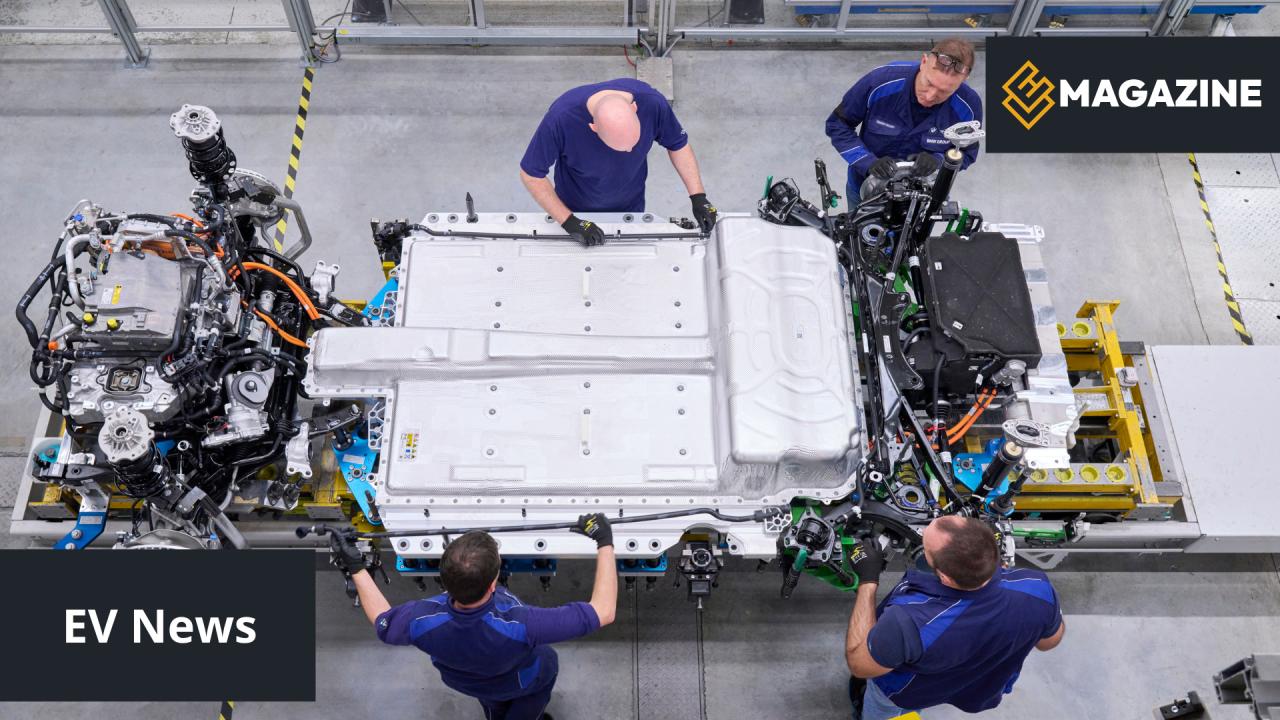15,000
40,000
4
€40M
Europe's Battery Recycling Revolution: BASF Leads the Charge
BASF has successfully started the commercial operation of its Black Mass plant in Schwarzheide, Germany, marking a pivotal moment in European battery recycling capabilities. This state-of-the-art facility represents one of the biggest commercial Black Mass plants in Europe, with an annual processing capacity of up to 15,000 tons of end-of-life lithium-ion batteries and production scrap.
Black mass production is a key step in the battery recycling process and is based on mechanical treatment of the batteries. The Black Mass contains high amounts of key metals used to produce cathode active materials (CAM): lithium, nickel, cobalt, and manganese. This concentrated mixture becomes the foundation for producing new battery materials, creating a truly circular supply chain.
Comprehensive European Battery Recycling Ecosystem
BASF's offering in Europe covers all steps along the battery recycling value chain, from collecting end-of-life batteries and production scrap, discharging and dismantling, as well as Black Mass production and refining. This comprehensive approach positions BASF as a one-stop solution for European battery manufacturers and automotive companies.
Innovation Focus: Safe collection and preparation of end-of-life batteries from across Europe.
Innovation Focus: Europe's largest commercial facility for critical metal concentration.
Innovation Focus: Converting black mass into battery-grade materials for new EV batteries.
Meeting EU Battery Regulation Requirements
The Batteries Regulation will ensure that batteries placed on the EU single market will only be allowed to contain a restricted amount of harmful substances that are necessary. Targets for recycling efficiency, material recovery and recycled content will be introduced gradually from 2025 onwards.
Lithium: 50% by the end of 2027 and 80% by the end of 2031. Copper, Cobalt, Lead, Nickel: 90% by the end of 2027 - targets that BASF's facility is designed to exceed.
From August 2025, all economic operators with a turnover of €40million or more placing new batteries on the EU market will be required to comply with due diligence obligations.
As early as 2027, the proposed EU legislation will require manufacturers to provide transparent information on the quantity of recycled cobalt, lithium, nickel, and lead in new car batteries.
Digital tracking system for industrial and EV batteries over 2 kWh, mandatory from 2027, ensuring complete lifecycle transparency and traceability.
"It will become a cornerstone of our offerings to our customers to increase raw materials self-sufficiency and comply with the EU Battery Regulation. With the new Black Mass plant, we strengthen our position as the preferred battery recycling partner for customers along the entire battery recycling value chain in Europe."
Strategic Partnerships Drive Innovation
Stena Recycling Collaboration
Local cooperation partners in Europe include Stena, with a cooperation agreement from early 2024, focused on developing improved processes to achieve high recovery rates for metals such as lithium, nickel and cobalt. This partnership ensures a reliable supply chain for battery waste collection across Scandinavia.
CATL Strategic Alliance
In 2021, BASF and CATL announced a strategic partnership in the field of battery materials solutions. The cooperation focuses on active cathode materials and battery recycling while supporting CATL's localisation strategy in Europe. With CATL's Erfurt facility operational since 2023, this partnership creates a localized European battery ecosystem.
Market Impact and Future Implications
Battery recycling is a key factor in increasing independence from primary raw material sources and meeting the ambitious requirements of circular economy policies. BASF's facility directly addresses Europe's goal of reducing dependence on critical raw material imports from non-EU countries.

